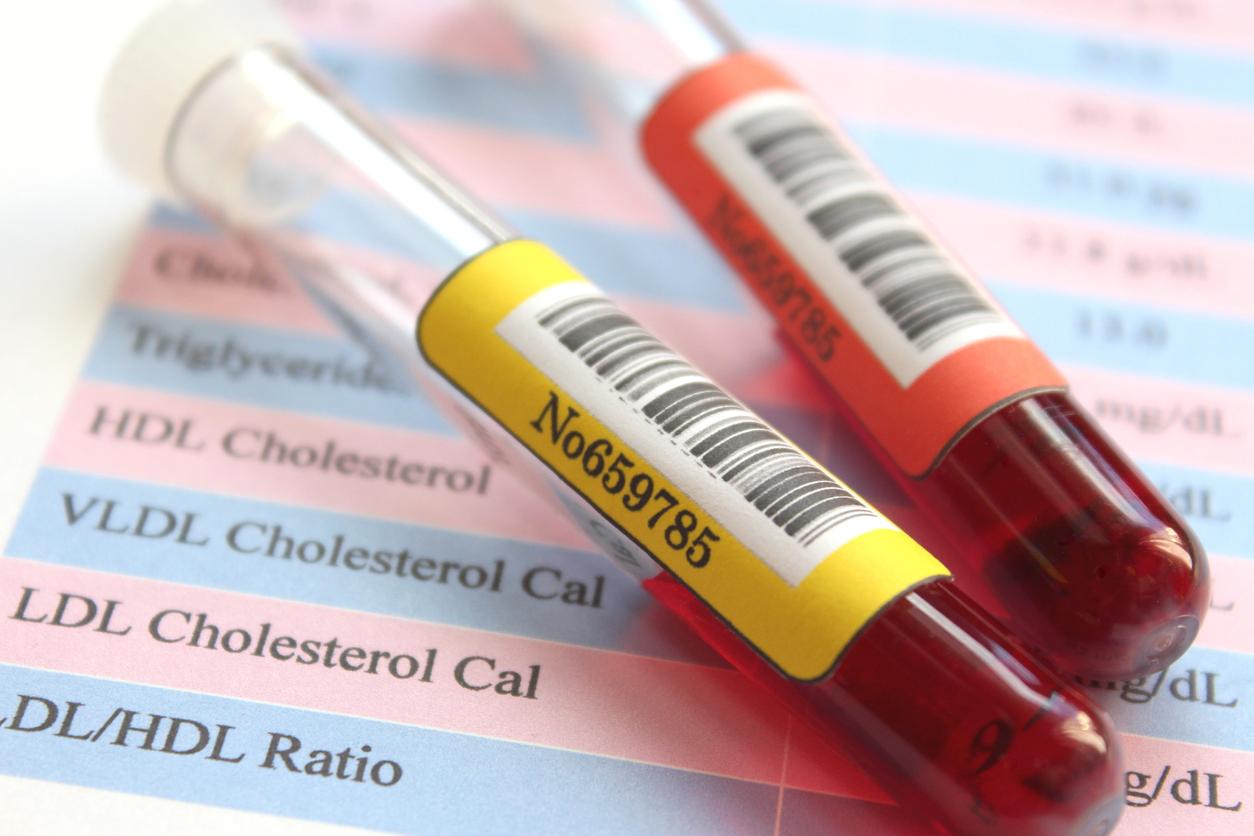American researchers have developed a test to detect several genetic diseases including Lynch syndrome and familial hypercholesterolemia.

- American researchers have recommended systematic screening for three genetic diseases in adults: breast and ovarian cancer, Lynch syndrome and familial hypercholesterolemia.
- An inexpensive screening test has been developed to facilitate the diagnosis of these diseases.
- Early detection of these genetic conditions would promote their management and reduce the risk of mortality.
In a study published in the scientific journal Annals of Internal Medicine, American researchers have carried out a cost-benefit analysis in order to develop a screening test for several genetic diseases.
As a result of their work, they recommended systematic screening of adults under 40 for three genetic conditions: breast and ovarian cancer, Lynch syndrome, which is the most common cause of hereditary colorectal cancer , and familial hypercholesterolemia, which increases low-density lipoprotein cholesterol (VLDL) blood levels and the risk of coronary heart disease and stroke.
An inexpensive test to screen for genetic diseases
According to the researchers, approximately 1.5% of the American population carries one of its genetic diseases. These pathologies are considered by the American Centers for Disease Control and Prevention (CDC) as those with the most evidence in favor of the use of genetic tests for their diagnosis and early treatment. Screening for any of these conditions, when performed, is currently limited to patients with a high-risk family history.
During this study, the authors developed an inexpensive screening test that can detect these three genetic pathologies. “Genetic panel sequencing costs for these conditions have fallen to approximately $250, and our analysis shows that the high initial investment in genetic testing is gradually recouped through improved outcomes in people at genetic risk at course of their life”said Josh Peterson, study co-author and professor of biomedical informatics and medicine at Vanderbilt University Medical Center.
Screening test: a reduction in the number of cancers and cardiovascular diseases
In particular, this screening test would make it possible to achieve significant savings on health care, because it improved the prevention and duration of care for these three genetic diseases.
Apart from the financial aspect, the scientists also observed that screening 100,000 people aged 30, for example, would reduce the total number of cases of breast and ovarian cancer by 101, and the number of diseases by 15. cardiovascular events occurring during the patient’s lifetime. “The main lesson of this study is that we should group genetic disorders into one screening plan and test individuals in advance, when they are young adults and before any disease develops.”advocated Josh Peterson.
















